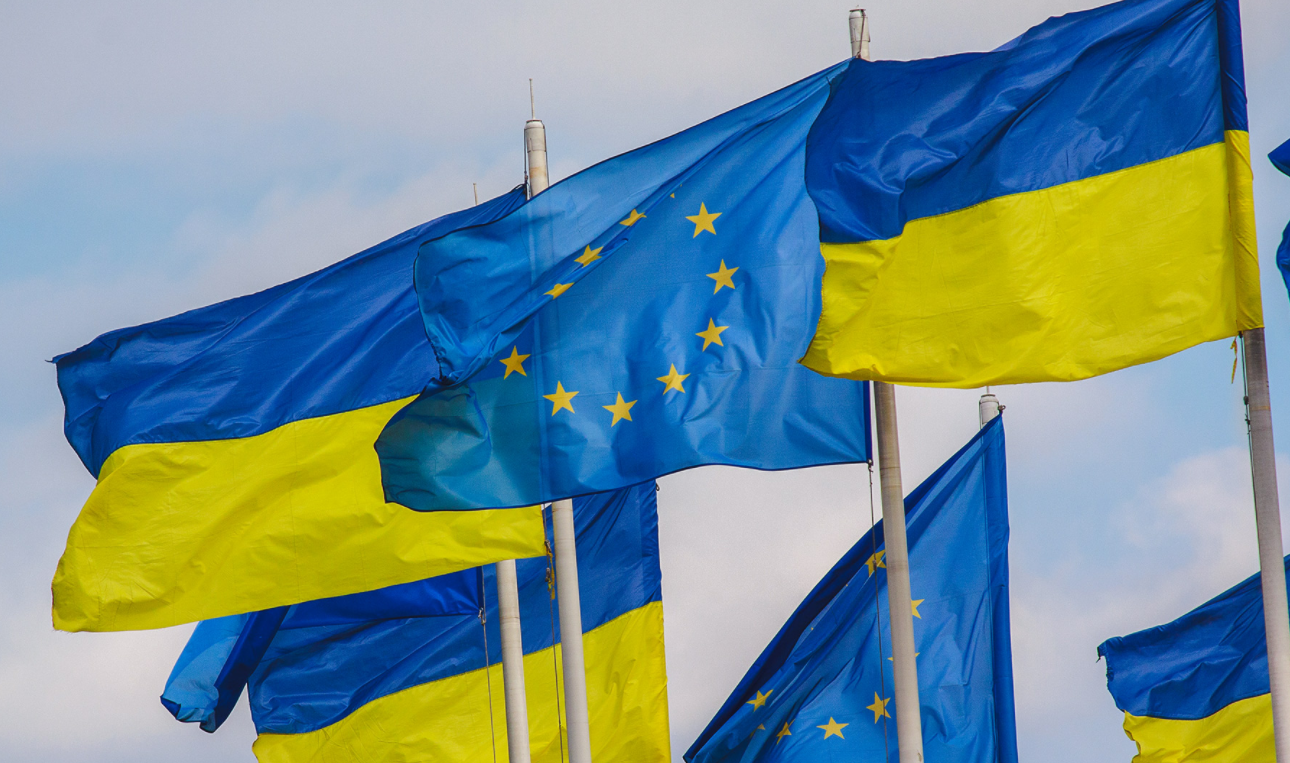Fri Mar 11, 2022
Friday / March 11
EU's Ukraine trauma
European Union leaders met on Thursday with the hope of a joint response to the war in Ukraine, with differing views on how far to go with economic sanctions, how quickly to cut Russian energy imports, and whether or not to let Kyiv join their bloc swiftly.
"We want a free and democratic Ukraine with whom we share a common destiny," European Commission President Ursula von der Leyen said in moral support.
But other leaders made clear Ukraine would not be allowed to join their wealthy club quickly, something Ukrainian President Volodymyr Zelenskiy has sought and which has some support from Ukraine's neighbours on the EU's eastern flank.
"There is no fast-track procedure," said Dutch Prime Minister Mark Rutte, a key opponent of EU enlargement.
German Chancellor Olaf Scholz said the EU should deepen its partnership with Ukraine rather than speak of membership, which would require the unanimity of all the 27 member countries.
Scholz did not comment on whether the bloc should ban Russian oil imports, which would also require all members' agreement and which Berlin has ruled out so far. Russia supplies about a third of Germany's gas and crude requirements.
But tougher sanctions were supported by Latvian Prime Minister Krisjanis Karins.
"We have to stop this," he told reporters. "Ukraine is fighting our fight, they are fighting the military fight. We must supply them in every possible way. With sanctions, we should go much faster and much further."
"Can we open a membership procedure with a country at war? I don't think so. Can we shut the door and say: 'never'? It would be unfair," said French President Emmanuel Macron. "Let's be cautious."
Escape from Russia
Goldman Sachs and JPMorgan Chase on Thursday announced they were unwinding their Russian businesses, becoming the first major U.S. banks to exit following Russia's invasion of Ukraine.
Operating in Russia has become harder for Western financial institutions due to international sanctions against that country.
While European banks are the most highly exposed to Russia, U.S. banks still have significant exposure, totaling $14.7 billion, according to Bank of International Settlements data.
Oil prices
Oil prices settled about 2% lower on Thursday following a volatile session, a day after its biggest daily dive in two years. Russia pledged to fulfil contractual obligations and some traders said supply disruption concerns were overdone.
Since Russia's February 24 invasion of Ukraine, oil markets have been the most volatile in two years. On Wednesday, global benchmark Brent crude posted its biggest daily decline since April, 2020. Two days earlier, it hit a 14-year high at over $139 a barrel.
Brent futures fell $1.81, or 1.6%, to settle at $109.33 a barrel after gaining as much as 6.5% earlier in the session. U.S. West Texas Intermediate (WTI) crude fell $2.68, or 2.5%, to settle at $106.02 a barrel, giving up over 5.7% of intraday gains.
The market extended losses post-settlement with Brent down to $109.09 and WTI down to $105.79.
Russian President Vladimir Putin told a meeting that the country, a major energy producer which supplies a third of Europe's gas and 7% of global oil, would continue to meet its contractual obligations on energy supplies.
US inflation
Inflation grew worse in February amid the escalating crisis in Ukraine and price pressures that became more entrenched.
The consumer price index, which measures a wide-ranging basket of goods and services, increased 7.9% over the past 12 months, a fresh 40-year high for the closely followed gauge, according to the Labor Department’s Bureau of Labor Statistics.
The February acceleration was the fastest pace since January1982, back when the U.S. economy confronted the twin threat of higher inflation and reduced economic growth.
On a month-over-month basis, the CPI gain was 0.8%. Economists surveyed by Dow Jones had expected headline inflation to increase 7.8% for the year and 0.7% for the month.
Food prices rose 1% and food at home jumped 1.4%, both the fastest monthly gains since April 2020, in the early days of the Covid-19 pandemic.
US stocks
Stocks fell Thursday after failed peace talks between Ukraine and Russia spooked investors about how the geopolitical conflict could impact global growth.
The Dow Jones Industrial Average dipped 112.18 points to 33,174.07, after rallying more than 650 points in the previous session. The S&P 500 shed 0.4% to 4,259.52. The technology-focused Nasdaq Composite fell 1% to 13,129.96, dragged down by losses in Apple and Meta Platforms.
